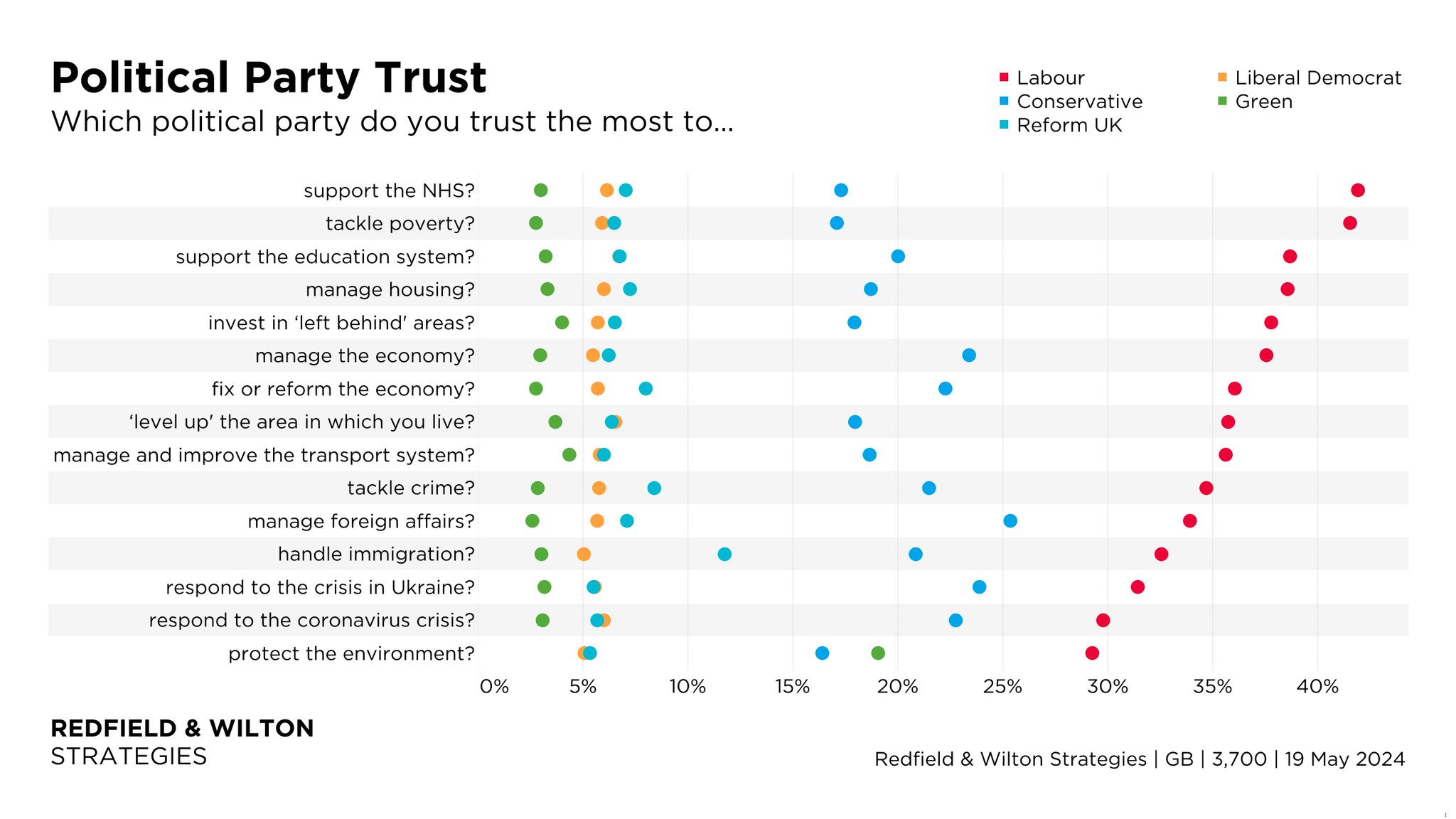Labour has an ambitious target to increase the UK’s employment rate to 80 per cent — for context, the OECD average is 70 per cent, and the UK is currently at 75 per cent. If it could achieve this, the UK would be part of a small group of countries: Iceland, the Netherlands and Switzerland are the only OECD countries with employment rates above 80 per cent
However, while the UK’s employment rate looks good next to its peers, it is also the only G7 country that has an employment rate lower than it was before the Covid-19 pandemic. So while it is an ambitious target, a) it is not an impossible one and b) the UK could almost certainly get closer to 80 per cent than it is now.
One lever that Labour wants to pull to turn that around is to reform what jobcentres do — Delphine Strauss’s story is here — getting them to focus more on providing career advice than policing the benefits system.
When government departments and agencies work well, they are obsessed with improving performance. When they are working badly, they are obsessed with improving performance indicators. When this happens in education it leads to grade inflation, because it is always in the interest of the government of the day to be able to point to better grades. (Some more thoughts on that here.)
Jobcentres have essentially always been the part of the government that is most geared towards producing improved performance indicators rather than improved performance. While it matters a great deal to the UK’s economic performance whether someone who comes into contact with a jobcentre leaves with a better job than the one they had lost or with a new qualification, in political debates all that really matters is whether or not you can say that the number of people claiming unemployment benefit has fallen.
One way Labour is trying to change that is, for the first time since the Thatcher government, by having two different ministers in charge of employment (Alison McGovern) and social security (Stephen Timms, who having been a very effective select committee chair and a former minister in the last Labour government, is perhaps the most Keir Starmer-y appointment it is possible to make) at the DWP.
But it’s a big, big, big cultural change the party is looking to bring about in jobcentres, and doing so is a big part of how it is going to try and meet what is its most ambitious target when it comes to social policy.

The article states that 70% of those occupying social housing have their rent payed for by housing benefit. The article also mentions that housing benefit comes from central government.
So the effect of this is a transfer of more money from central government to councils and housing associations. As well as an increase in the incomes of councils and HAs from those 30% that are well-off enough to no longer receive housing benefit but are still living in social housing.